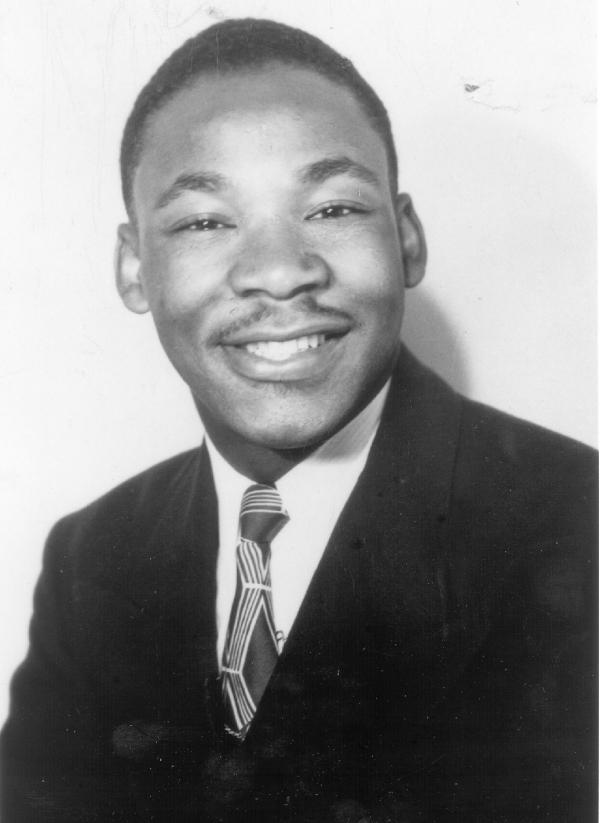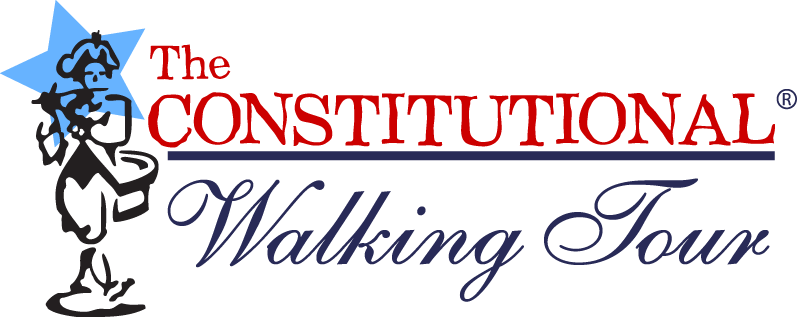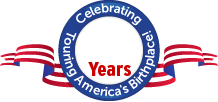Related Posts
- Buy Tickets for The Constitutional Walking Tour of Philadelphia – See 20+ Sites on a Primary Overview of Independence Park, including the Liberty Bell and Independence Hall
- The Labor Monument: Philadelphia’s Tribute to the American Worker
- Civil War and Reconstruction at the National Constitution Center

King’s time in the Philadelphia area would have a profound impact on his life.
Crozer Theological Seminary
Martin Luther King Jr was born and raised in Atlanta, Georgia. King was a gifted student and skipped multiple grades and entered college at the age of just 15 years old. For college King stayed in Atlanta, attending Morehouse College, a historically black college. After King’s graduation at the age of 19, King decided to enter the ministry and choose to attend Crozer Theological Seminary which is located not far from Philadelphia in the neighboring Delaware County.
King was drawn to Crozer’s unorthodox reputation which spoke to King’s thirst for justice and social reform. King traveled to Philadelphia not only leaving Atlanta behind, but also the strong black community that his parents had raised him within. At Crozer, King was one of just 11 black students and King found himself feeling as though he was being judged by his non-black peers. King was initially reserved and strived for perfection in his work, his appearance and demeanor. Over time though King became more at ease with his peers and was even elected class president in his third year. King graduated first in his class.
First Anti-Racism Protest
In his first visits north as a young man, King wrote to his family remarking upon the lack of segregation he encountered and how he was able to eat at restaurants where people of all races dined. But while the North was different than the South he had grown up in, King would also encounter racism in the North. On June 11, 1950 King went to Mary’s Café in Maple Shade, New Jersey (a suburb of Philadelphia) with his friend and their dates. King and his friends were refused service based on their race and told to leave by the owner. In response to the intimidation King and his friends refused to leave and remained in their seats, effectively staging a sit-in. Tensions rose until the owner of the establishment, Ernest Nichols, left and returned with a pistol which he fired into the air and used to threaten King.
King and his friends fled Mary’s Café and filed a police report. The local Camden, NJ NAACP chapter used a 1945 Anti-Discrimination Law to sue the Café on the basis of racial discrimination. In the end though, white diners who witnessed the encounter refused to testify and Nichols was only charged a fine for firearms violations. King later spoke of the protest as a formative step in his commitment to a more just society.
Introduction to the Teachings of Gandhi
On November 19, 1950 King attended a lecture in Philadelphia given by Dr. Mordecai Johnson, then the President of Howard University. The topic of the lecture was Mahatma Gandhi, an Indian activist against British Rule in India. Johnson had just returned to America from India where he had met Gandhi and saw firsthand how Gandhi’s methods were successful in ending Britain’s colonization of India.
King was electrified by Johnson’s lecture on Gandhi and later wrote that he “left the meeting and bought a half-dozen books on Gandhi’s life and work.” The lecture had an enormous effect on King and the strategies of non-violence that Gandhi preached would become a hallmark of King’s civil rights strategy in America.
King would later return to Philadelphia on numerous occasions as a prominent Civil Rights leader, but this early time in the Philadelphia area as an anonymous young college student would help to shape King into the incredible leader he became.



